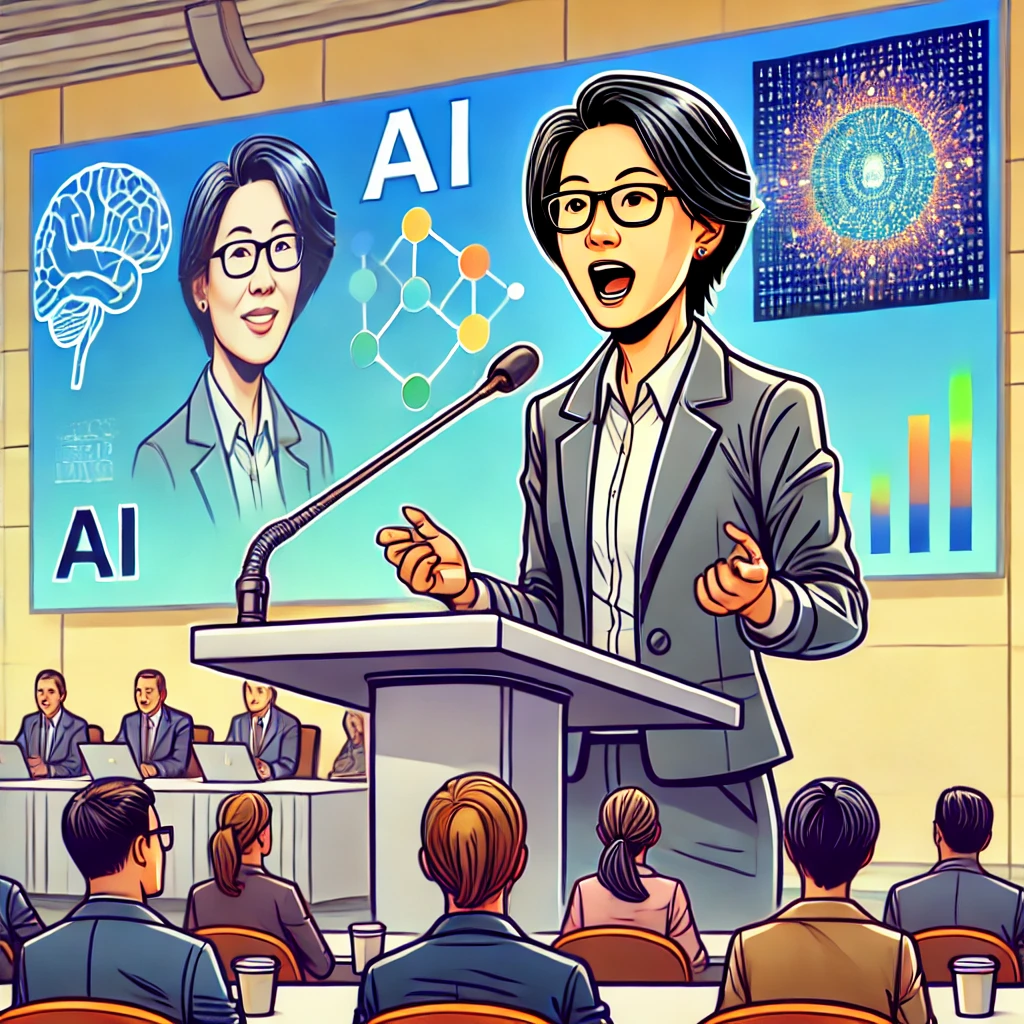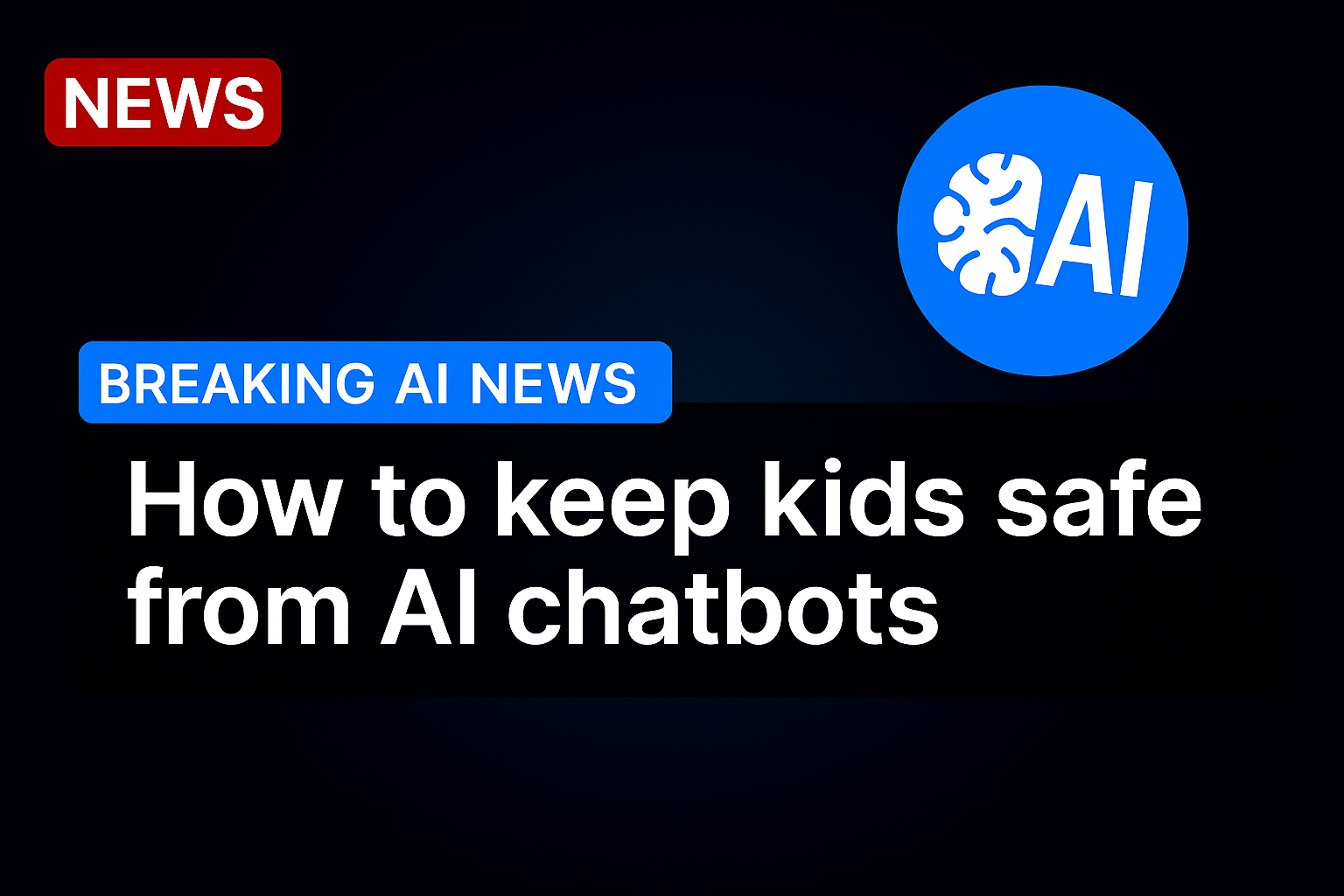Dr. Fei-Fei Li, often referred to as the “Godmother of AI,” has long been at the forefront of artificial intelligence research and innovation. A professor at Stanford University and co-director of the Stanford Human-Centered AI Institute, Li has contributed significantly to advancing AI technologies, particularly in computer vision. However, her vision extends beyond just technological progress. She believes that AI has the potential to empower everyone to become a “world builder,” capable of creating new realities and transforming societies.
Li’s concept of world-building involves using AI to create tools and environments that allow people to shape their own experiences and solve complex problems. She argues that AI can democratize the ability to design solutions by making advanced tools accessible to more people. In her view, AI should not be confined to a select group of experts or tech giants; instead, it should be a tool available to anyone with a creative vision or a desire to innovate. By harnessing AI, individuals from diverse backgrounds can participate in designing technologies that address real-world challenges, from healthcare and education to environmental sustainability.
A significant part of Li’s advocacy focuses on human-centered AI, which emphasizes the ethical use of AI and ensuring that these technologies benefit humanity as a whole. She believes that by focusing on inclusivity and diversity, AI development can reflect a wider range of human experiences and values. This approach not only helps mitigate biases in AI systems but also encourages more people to engage with the technology, contributing their unique perspectives to shape the future. For Li, this is essential for creating a more equitable world where AI is a tool for social good.
Moreover, Li sees world-building with AI as a creative endeavor that goes beyond coding and data. She envisions a future where artists, educators, social workers, and others collaborate with AI experts to co-create new tools and platforms. This multidisciplinary approach can lead to more innovative solutions that are rooted in empathy and a deep understanding of societal needs. She emphasizes the importance of creativity in AI, suggesting that the true potential of this technology will be realized when it is used to build worlds that reflect the rich tapestry of human imagination and culture.
Ultimately, Dr. Fei-Fei Li’s vision for AI is one of inclusivity, creativity, and empowerment. She wants to move away from the notion that AI is just about algorithms and data; instead, she encourages a broader conversation about how AI can be a tool for everyone to build their own worlds. By fostering a culture where AI is accessible and its applications are driven by diverse human experiences, Li believes we can unlock new possibilities for innovation, collaboration, and societal progress. As the “Godmother of AI,” she is paving the way for a future where everyone, not just a few, can be a world builder.





